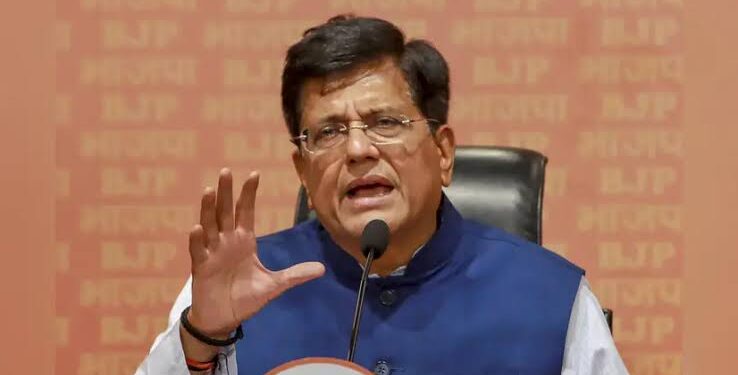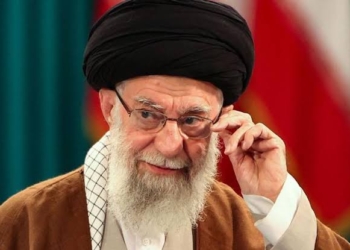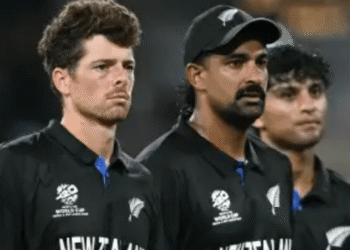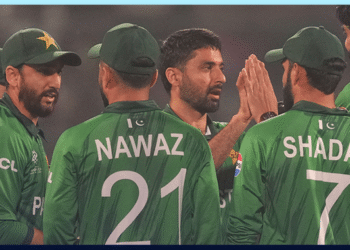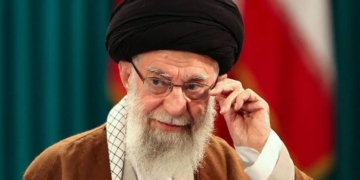India will not sign a free trade agreement (FTA) with the United States under pressure of a deadline, Commerce and Industry Minister Piyush Goyal said on Friday.
Speaking at the 16th Toy Biz International B2B Exhibition in New Delhi, Goyal emphasized that any agreement with the US would only be announced once it is “fully finalised, properly concluded and in the national interest.”
Goyal’s comments come amid speculation about an interim trade deal ahead of the US-imposed July 9 deadline. India’s negotiating team, led by chief negotiator Rajesh Agrawal, recently returned from Washington with a draft agreement, but key disagreements remain—especially on agriculture and automobiles.
India is firm on protecting its agriculture sector, particularly in barring genetically modified (GM) crops like soybean and corn. On dairy, concerns remain over the livelihood of small-scale Indian farmers and religious sensitivities regarding non-vegetarian cattle feed used in the US.
Sources said India may offer product-specific concessions where farmer interests are safeguarded, and has softened its stance on the complete rollback of a 26% retaliatory tariff imposed by the US in April. While initially demanding full withdrawal, India is now open to partial relief in exchange for limited access to its agricultural markets.
India also informed the World Trade Organization (WTO) of its plan to impose levies on select US goods in retaliation to US safeguard tariffs on automobiles and components. These duties affect $2.9 billion worth of Indian exports, with India seeking to collect an equivalent amount through counter-duties.
The ongoing talks focus on a limited “early harvest” deal covering only goods, which would serve as the first phase of a broader bilateral trade agreement expected by October 2025. That full deal would also cover services and investments.
India continues to pursue trade negotiations with multiple partners. Goyal highlighted recently concluded FTAs with the UAE, Australia, and the UK, and ongoing talks with the EU, New Zealand, Oman, Chile, and Peru. “FTAs are possible when both sides benefit. National interest should always be supreme,” he said.

